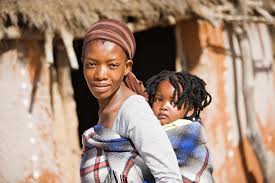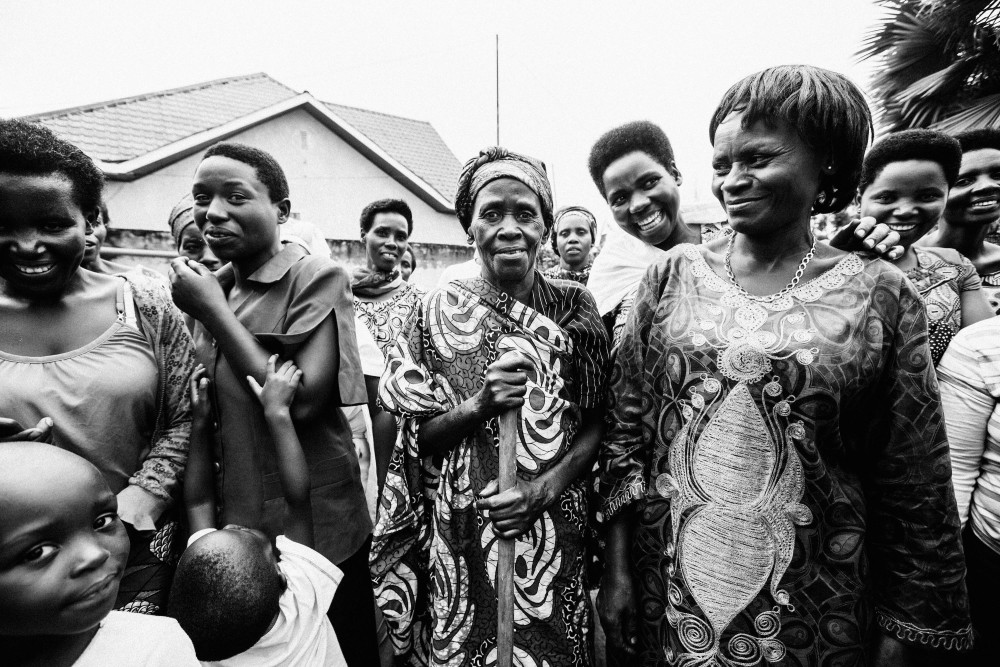International Women’s Day is a time to reflect on the progress and immense challenges still facing women across the globe.

To recognize this day, Voice of America hosted a discussion in which women from two of the countries impacted by extremism, Nigeria and Somalia, shared their stories.
Nigeria is fighting the brutal insurgency of Boko Haram and next month marks the third anniversary of the kidnapping of the 276 Chibok school girls, most of whom are still held by their abductors.
One of those girls is Sarah Samuel. Her mother, Rebecca, has not seen her for 1,059 days and cried when she attempted to talk Monday via satellite link from Abuja.
“Can’t we all come together as the world and wipe away her tears?” asked Aisha Yesufu, a member of the Bring Back our Girls movement, who spoke for Samuel.
“We should not allow terrorists to define humanity for us. We will be humane to each other. We will stand up for each other. We will speak for each other. We must show that Chibok girls are brought back home. We can not celebrate on International Women’s Day [while] our daughters are in captivity and we seem to have turned our backs on them.”
Last October, 21 of the girls were released by Boko Haram, prompting hope the crisis would come to an end.
But progress has been slow since then. According to a report this month by the Thomson Reuters Foundation, a mediator continues to negotiate with the group to secure the release of the estimated 195 girls who are still held.
Yesufu said the girls’ continued captivity is a stain on International Women’s Day.
“We say to the girl child to dare to dream, she should aspire … But you know what the girl child seems to know? Look at us now, I feel like as if it’s all a lie,” Yesufu said. “Because for 1,059 days our sisters have been in captivity, just for daring to be educated.”
In East Africa, Somalia is trying to emerge from two decades of civil war and is facing the threat from the terror group al-Shabab at the same time the region is being hit by a historic drought. Last week 110 people died in 48 hours as famine decimates much of the north.

